Science Ticker
A roundup of research and breaking news
Sign up for our newsletter
We summarize the week's scientific breakthroughs every Thursday.
-
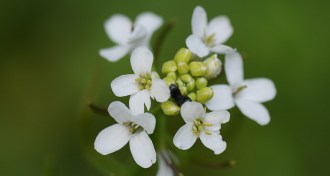 Plants
PlantsPlants might remember with prions
A plant protein has passed lab tests for prionlike powers as molecular memory.
By Susan Milius -
 Astronomy
AstronomyHubble telescope snaps stunning pic for its 26th birthday
For its 26th anniversary, the Hubble Space Telescope snapped a picture of star blowing bubbles in space.
-
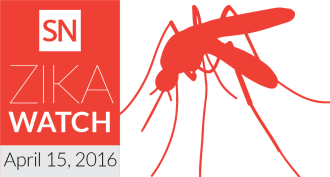 Health & Medicine
Health & MedicineThis week in Zika: Assessing risk, mosquito range, a transmission first and more
Several new reports document Zika infection in U.S. pregnant women, a case of male sexual transmission, the range of Zika-carrying mosquitoes and more.
By Meghan Rosen -
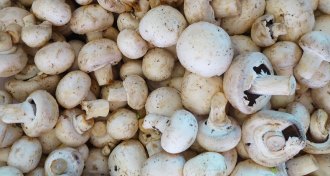 Genetics
GeneticsGene-edited mushroom doesn’t need regulation, USDA says
A CRISPR-edited mushroom isn’t like other GMOs, the U.S. Department of Agriculture says.
-
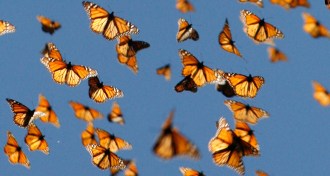 Animals
AnimalsMath models predict mysterious monarch navigation
Researchers have come up with a series of equations to predict how monarchs use their eyes and antennae to figure out how to get to Mexico.
-
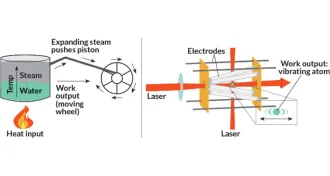 Physics
PhysicsItty bitty engine puts a single atom to work
Scientists have created a miniature heat engine out of a single atom.
-
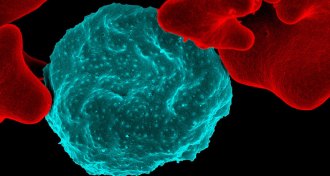 Genetics
GeneticsMalaria parasite doesn’t pass drug immunity to its offspring
Malaria parasites resistant to the antimalarial drug atovaquone die in mosquitoes, a new study finds.
-
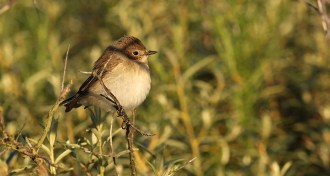 Animals
AnimalsPied flycatchers cruise nonstop for days to cross the Sahara
Teeny, tiny passerine birds called pied flycatchers fly day and night during their annual migration south across the Sahara.
-
 Health & Medicine
Health & MedicineZika’s role as a cause of severe birth defects confirmed
A new analysis from the Centers for Disease control and Prevention confirms that Zika virus infection causes microcephaly and other severe birth defects.
By Meghan Rosen -
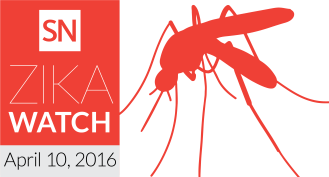 Health & Medicine
Health & MedicineThis week in Zika: New mouse model, virus vs. placenta, nerve insulation loss
In three new papers, scientists present a tool for studying Zika, strike down a theory of infection and offer a broad look at what the virus does to the brain.
By Meghan Rosen -
 Genetics
GeneticsResearchers edit genes in human embryos for second time
Researchers in China deploy CRISPR to alter genes in human embryos again — this time to make cells HIV-resistant.
-
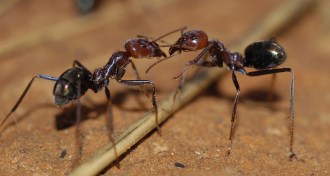 Animals
AnimalsAnts’ antennae both send and receive chemical signals
Ants use their antennae to identify nest-mates and potential invaders. But antennae also produce the key compounds that ants use to tell friend from foe.